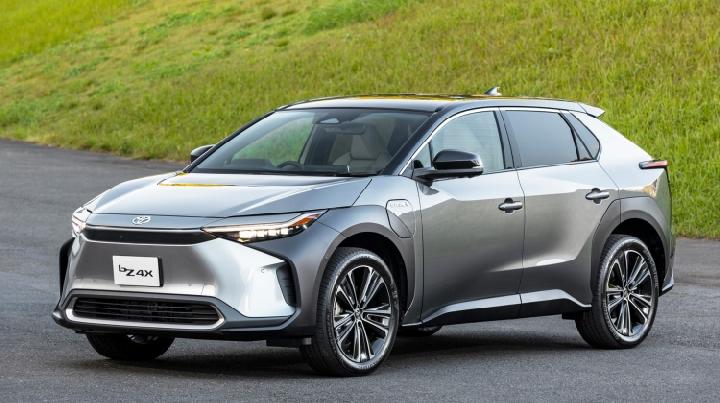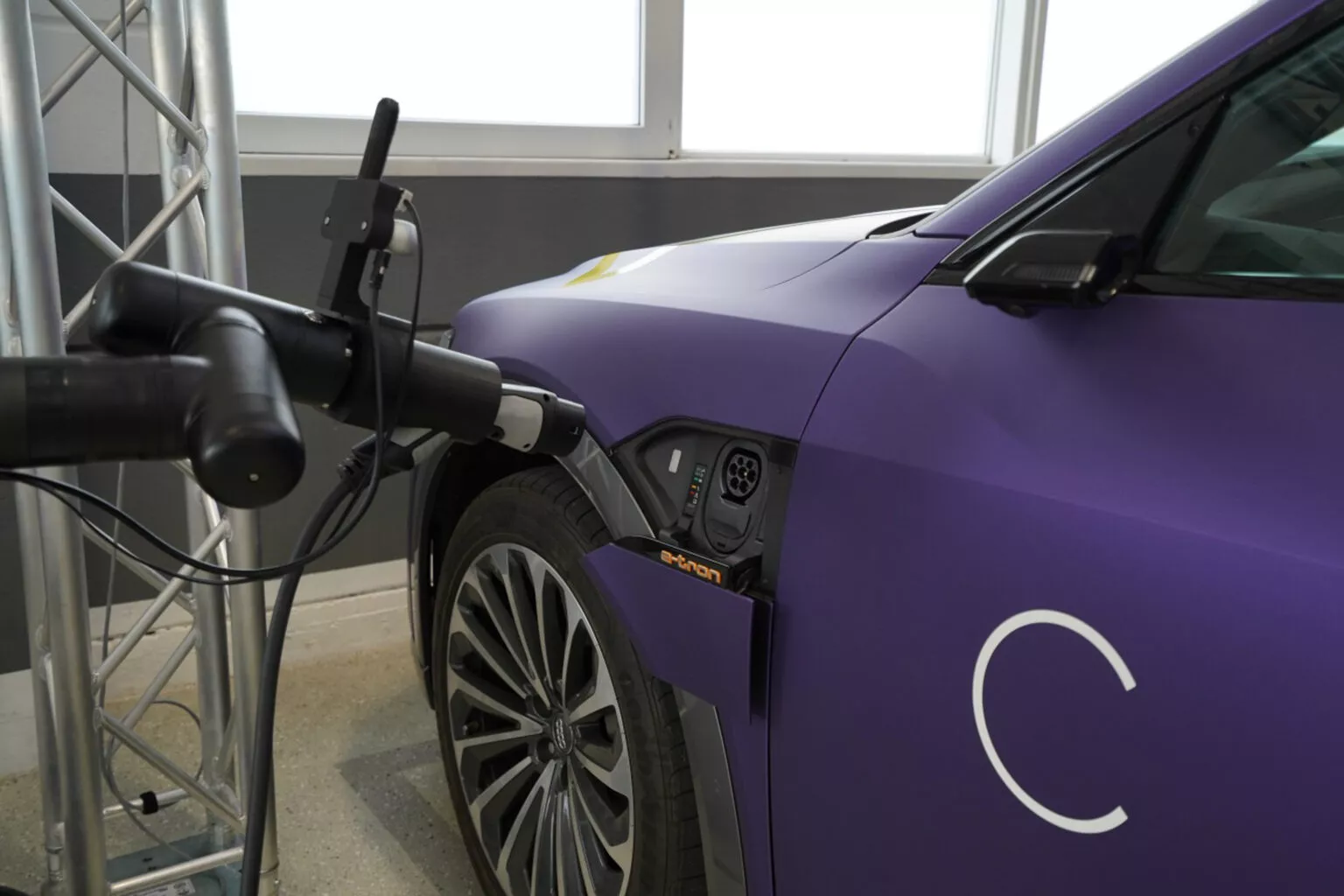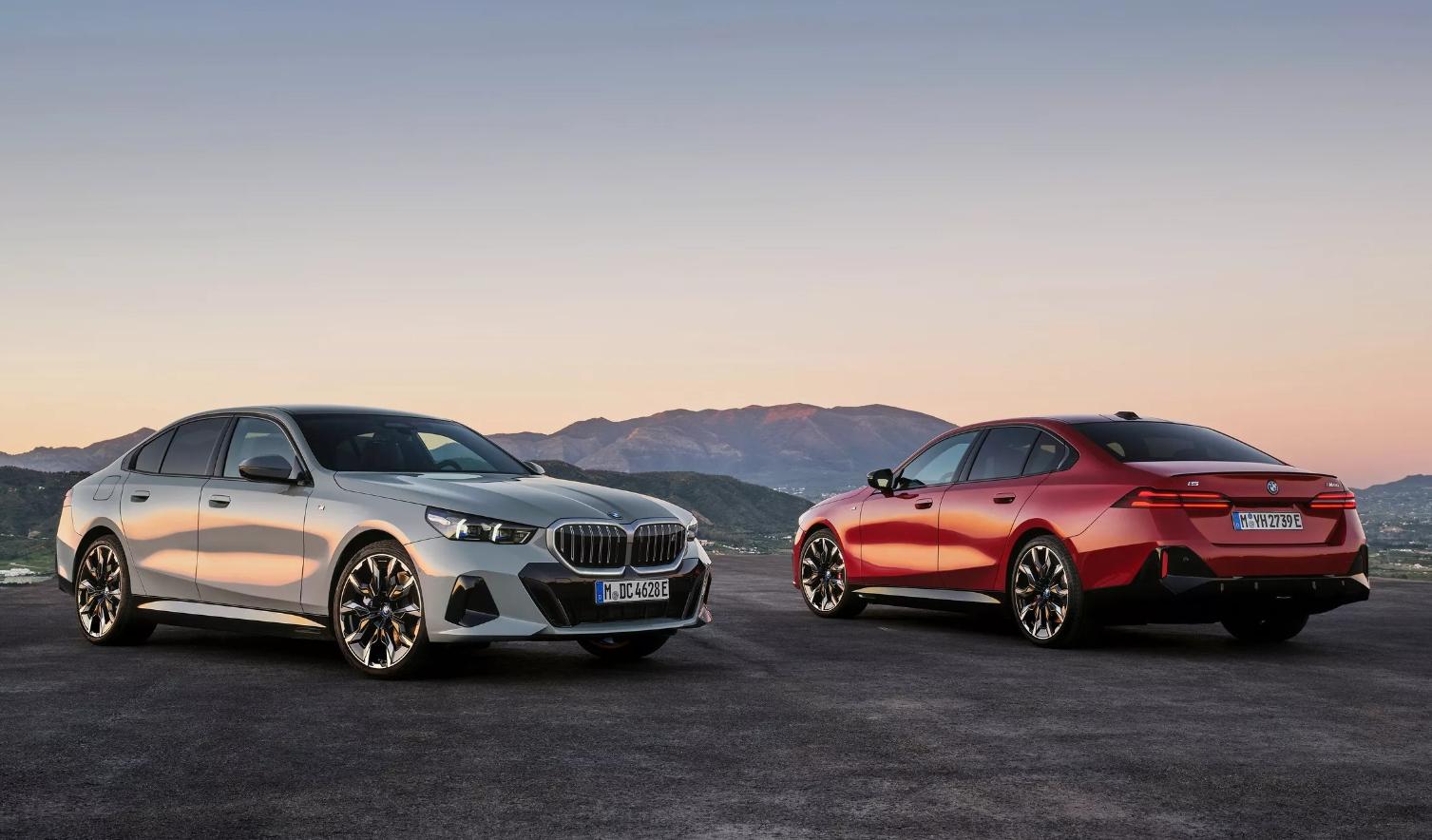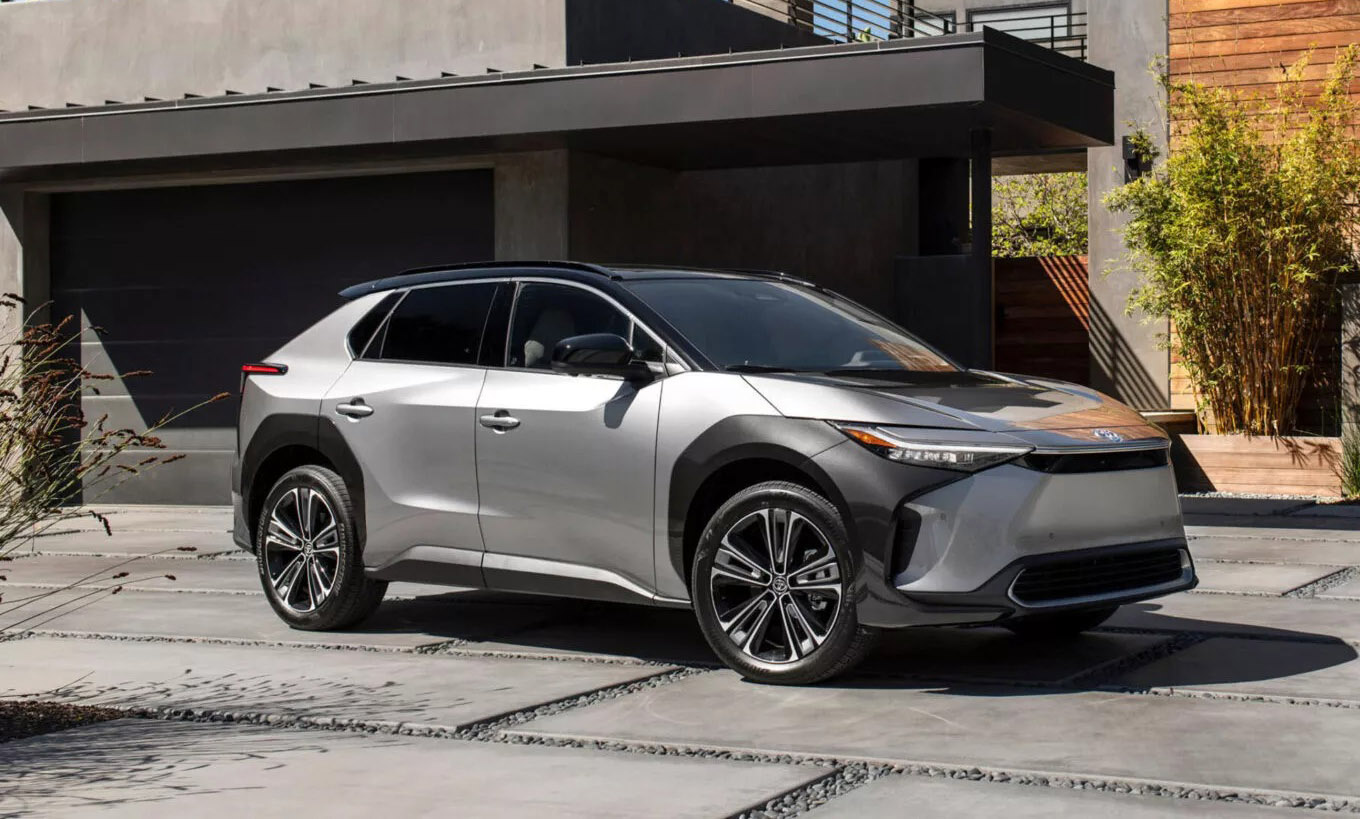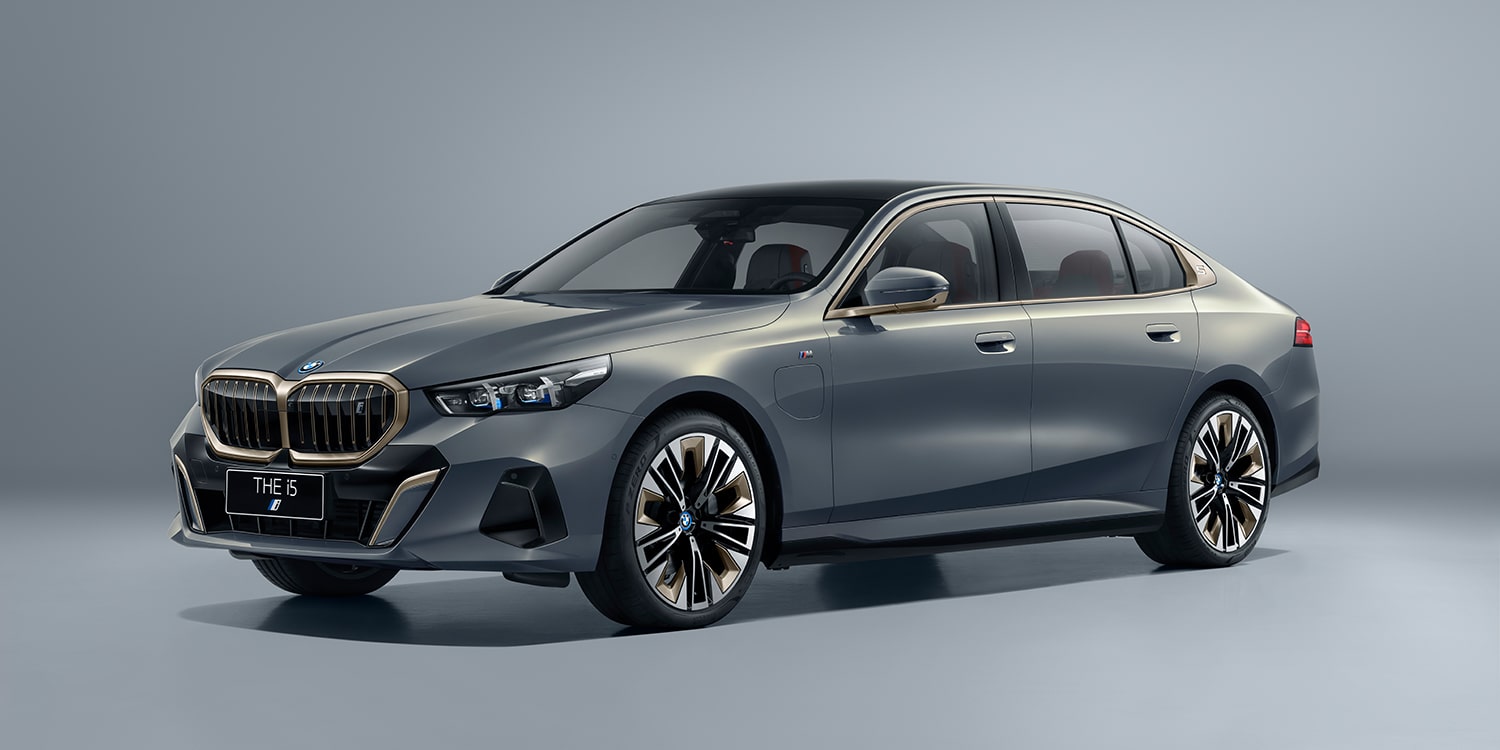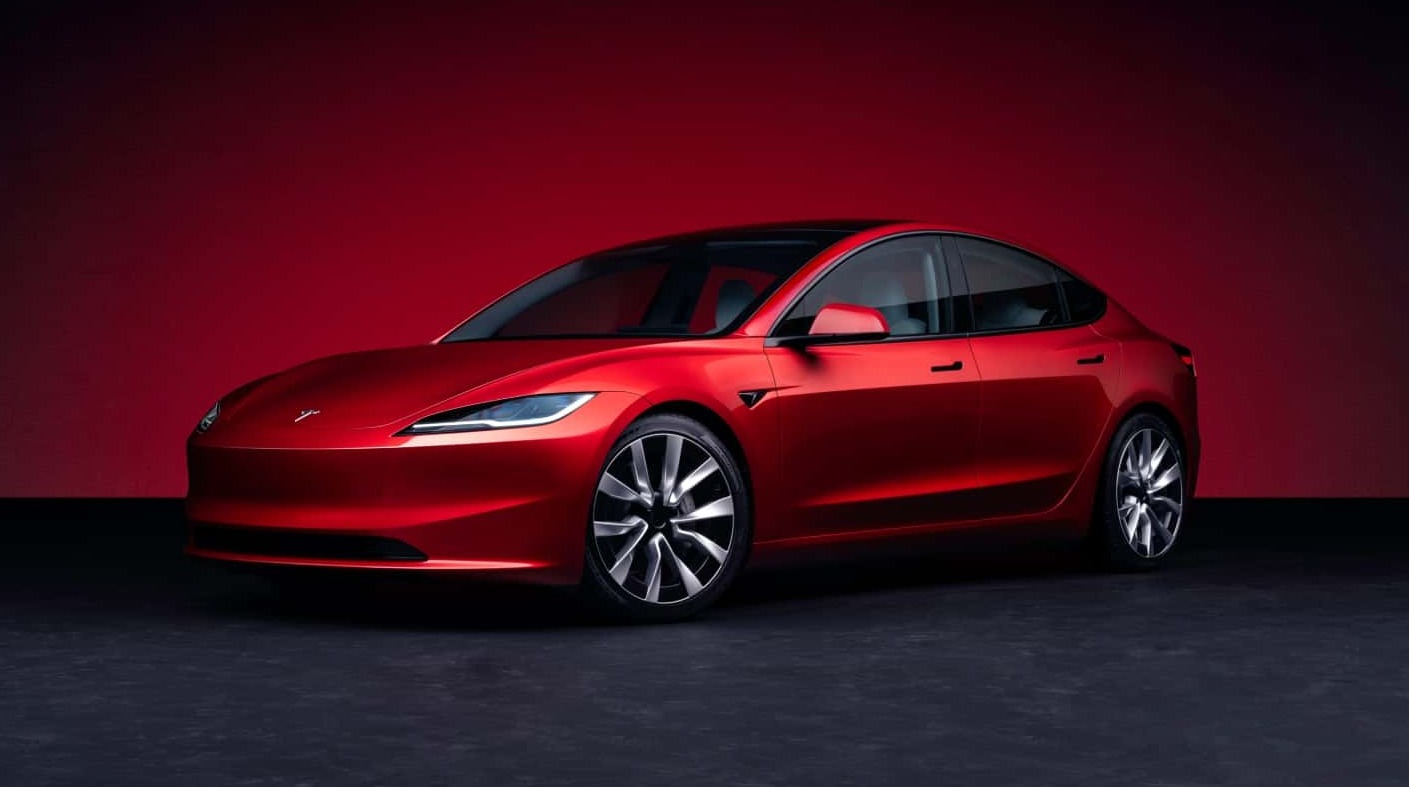Recent revelations indicate that several car manufacturers, such as Toyota, Jaguar Land Rover, and Nissan, engaged in lobbying efforts to influence the British government to ease or delay electric vehicle mandates.
The disclosure emerged as responses from these automakers to a government consultation were made public by the industry newsletter Fast Charge. While the documents contain redacted statements, they reveal arguments against the government’s original proposal to ban the sale of new petrol and diesel cars by 2030.
See also: UK Launches £70 Million Pilot Scheme to Expand Ultra-Rapid EV Charging Points
Toyota expressed “extreme concern” about the UK targets up to 2027, asserting that they would pose challenges and potential financial and brand damage for manufacturers like Toyota. The company advocated for a postponement of fossil fuel bans to safeguard its Derbyshire hybrid car factory.
Jaguar Land Rover cast doubt on the achievability of the required targets, describing them as “far from certain” and set at “unachievable levels.” Stellantis and Nissan were also reported to have lobbied for delays.
Fast Charge author Tom Riley highlighted that while carmakers publicly support the electric vehicle transition, private reservations were evident in their lobbying efforts.
The British government, despite delaying the petrol and diesel ban until 2035, mandated that 22% of new cars sold in 2024 must be zero-emission, rising to 80% by 2030. While some automakers find these targets challenging, others, including Tesla and Ford, endorse them. Volkswagen acknowledged the ambition of the targets, deeming them generally feasible.
Ford emphasized its belief that the suggested trajectory is attainable for many manufacturers in the UK market, encouraging lagging entities to accelerate development and offering the option of trading certificates to address any shortfalls.

